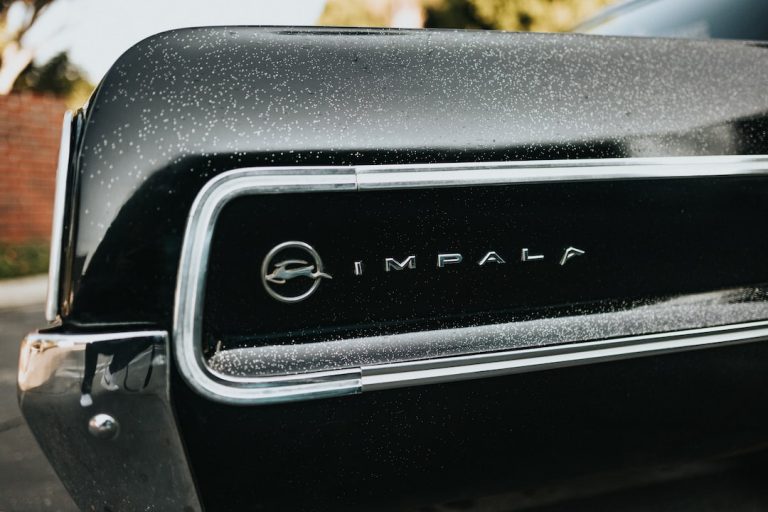Table of Contents
How much is car insurance in Texas per month?
According to Bankrate's annual study of quoted premiums, drivers in Texas pay an average of $1,868 per year, or $156 per month, for full coverage car insurance.
A-MAX Auto Insurance
What is required for full coverage auto insurance in Texas?
Texas law requires you to have at least $30,000 of coverage for injuries per person, up to a total of $60,000 per accident, and $25,000 of coverage for property damage. This is called 30/60/25 coverage. Think about buying more liability coverage.
What does liability insurance cover in Texas?
Liability insurance pays to repair or replace the other driver's car, or other damaged property, and pays other people's medical expenses when you're at fault in an accident. If you still owe money on your car, your lender will require you to have collision and comprehensive coverage.
How much does the average Texan pay for car insurance?
The average cost of car insurance in Texas is $1,316 per year. The Lone Star State features the 36th most affordable rates in the U.S., costing slightly less than the national average of $1,424 per year.
Is $200 a lot for car insurance?
Yes, $200 a month for car insurance is fairly expensive, especially for minimum coverage. The average cost of car insurance ranges from about $60 per month for state-minimum coverage to $166 per month for full coverage.
What You Need to Know About Auto Insurance
Why is Texas car insurance so expensive?
Why is car insurance expensive in Texas? Car insurance in Texas may be expensive because of its highway density, rate of car thefts, high speed limits, dense urban population and high risk of natural disasters, increasing the risk of crashes and accidents. Insurers charge higher premiums based on these risks.
How much car insurance do I need in Texas?
In Texas, you must have at least $30,000 in liability coverage for each injured person, up to a total of $60,000 per accident, and $25,000 for property damage per accident. This basic coverage is called 30/60/25.
What does full coverage car insurance consist of?
In a nutshell, comprehensive car insurance cover – sometimes known as fully comprehensive cover, pays out if you damage your car, someone else's car or injure someone in an accident, regardless of who is at fault. Comprehensive car insurance also covers you against fire and theft.
How much is full coverage insurance a month in Texas?
According to Bankrate's annual study of quoted premiums, drivers in Texas pay an average of $1,868 per year, or $156 per month, for full coverage car insurance.
What Are Policy Limits? | Car Accidents | Auto Insurance Explained
What is comprehensive insurance in Texas?
Comprehensive (other than collision) coverage pays if your car is stolen or damaged by fire, flood, vandalism or something other than a collision. Medical payments coverage pays your and your passengers' medical bills. It also pays if you're hurt while riding in someone else's car or while walking or biking.
Do you need full coverage on a used financed car Texas?
Most lenders will require you to carry full coverage on a financed car. This protects their investment in the event that you are in an accident and the vehicle is totaled, or if it is stolen, and you can no longer afford to make the monthly payments.
Why is car insurance so expensive today?
Today's advanced vehicle technology has led to an increase in keyless car theft and more expensive repair bills. This, in turn, leads to increased cost of theft and repair claims.
My $37 a Month Car Insurance | BeatTheBush
Why is car insurance so expensive UK 2022?
According to CompareTheMarket.com, the price hikes are down to “increased cost pressures for insurers”, including an increase in second-hand car prices and rising repair costs as cars become more complex and parts get harder to come by.
Why is insurance so expensive in the UK?
Dodgy claims and dishonest insurance applications, including fronting, cost the industry over £1 billion a year – adding an estimated £50 to annual household insurance bills. Uninsured drivers make premiums expensive for the insured majority.






